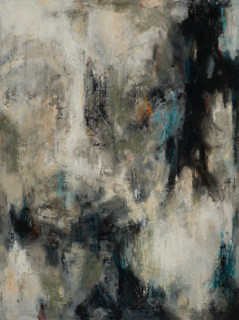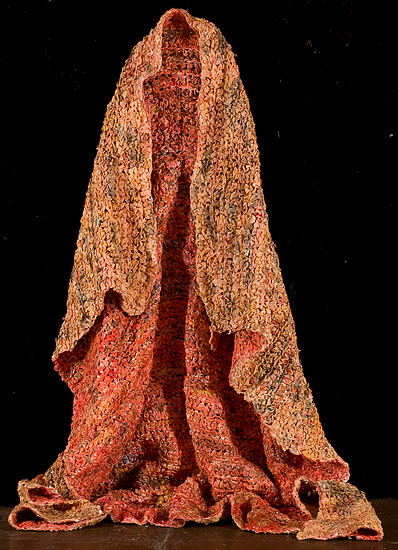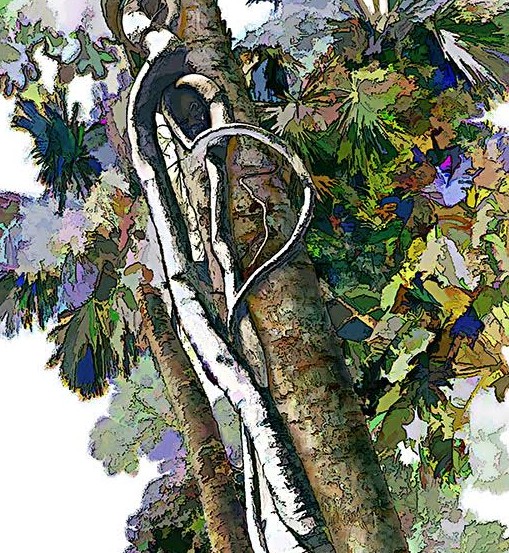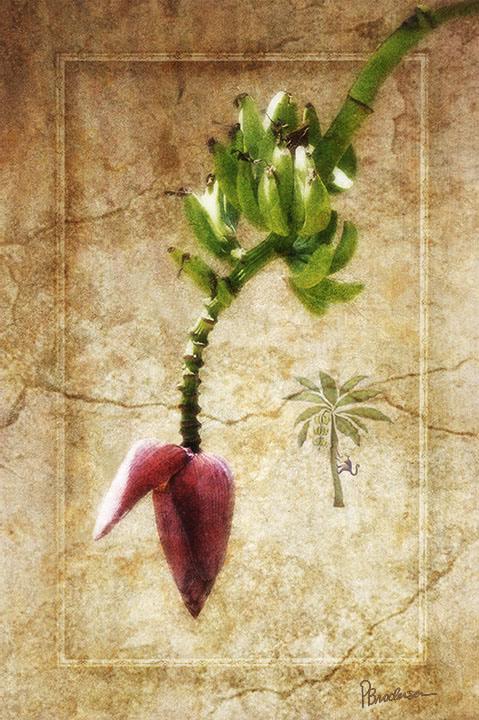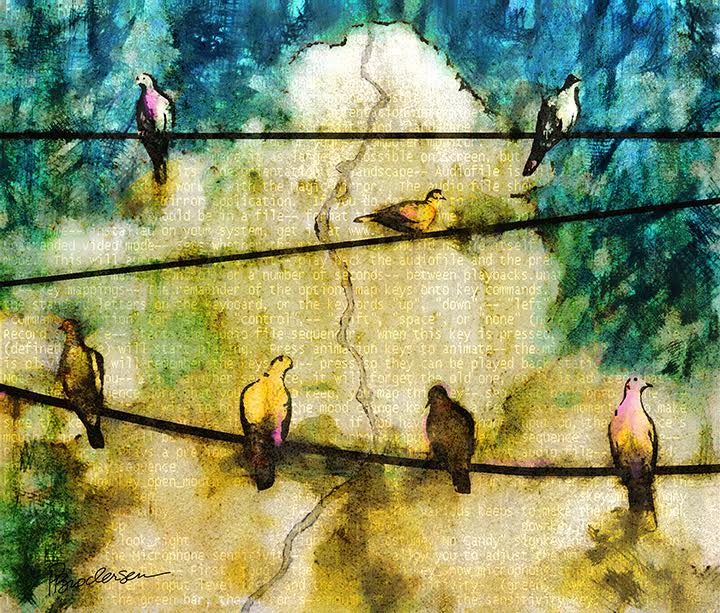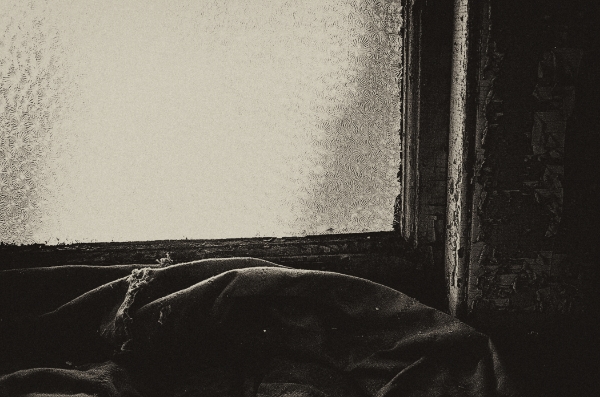
“Blue Waterfall” by Jane Cornish Smith, encaustic, oil, paper on wood, 2014.
High school, I gave you my body
and you never gave it back.
For months I baked by the pool slathered in oil sheath,
I lived off Snapple and Mentos just to slip into my prom dress.
Everything was easy.
Nothing was ever enough.
Even before the pain I ached from a nostalgia
so fierce and human that I still long for things long gone:
Where are all of the Magic 8-Balls?
Where are my training bras?
Where is the gym teacher
the one who had me tip over
and touch my toes
during a scoliosis test?
Who has hidden all of the chalk?
Where have all of the matches gone?
Where are library cards,
yellowing at the bottom of lockers?
I wear my slanted posture proud
now I curve over myself, flipping through a glossary of memory.
I catch questions like a cold fever in June
one of my parts eternally sitting in a blowup pool
I pretend I’m a mermaid languid tapping against the glass.
Meaghan Quinn is an Assistant Poetry Editor for The Tishman Review. She holds an MFA from the Writing Seminars at Bennington College. She was nominated for Best New Poets 2015, a 2015 Pushcart Prize, and was a recipient of the Nancy Penn Holsenbeck Prize. Her poems are forthcoming or have been published in A Portrait in Blues: An Anthology, Off the Coast, Heartwood, 2River, Adrienne, Triggerfish, Free State Review, and other journals.

